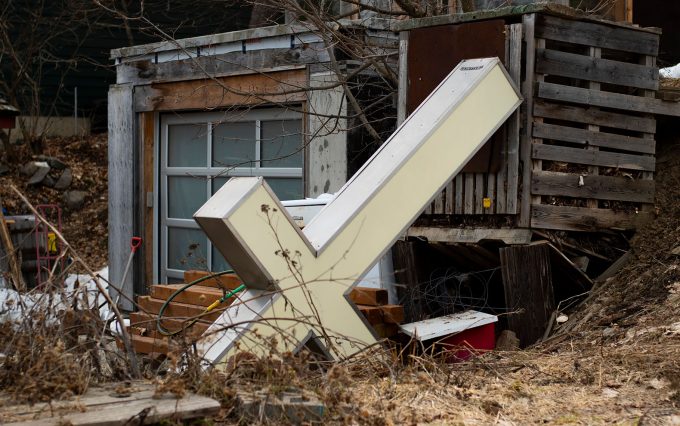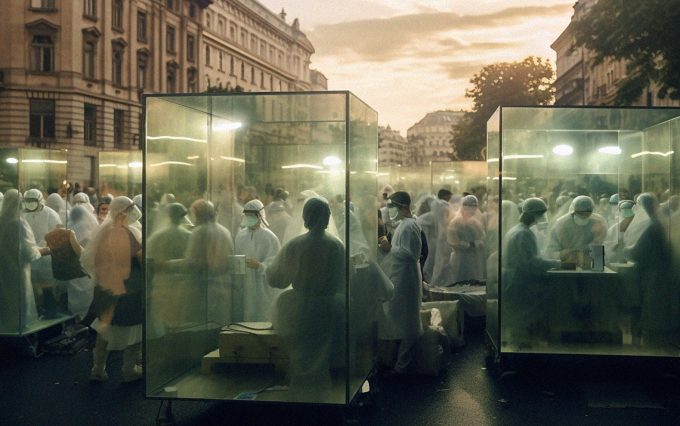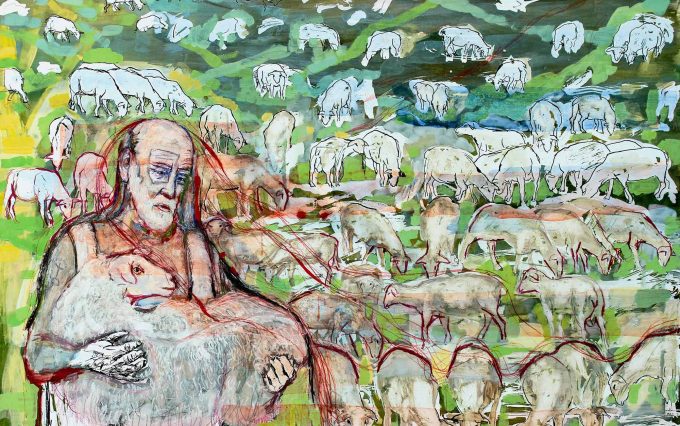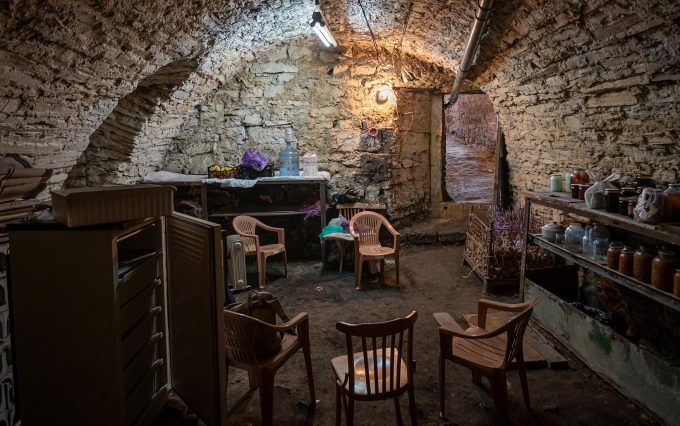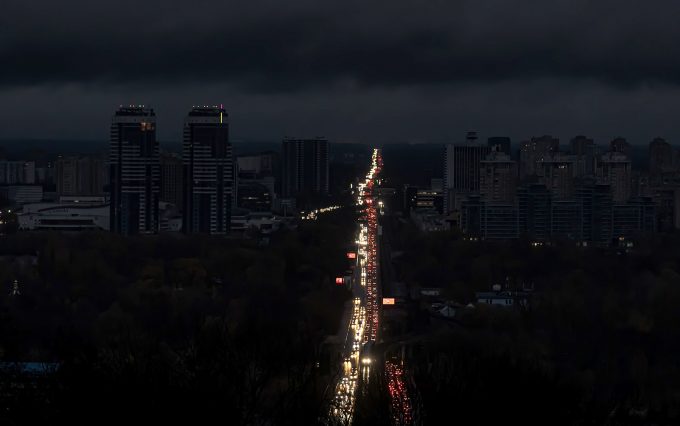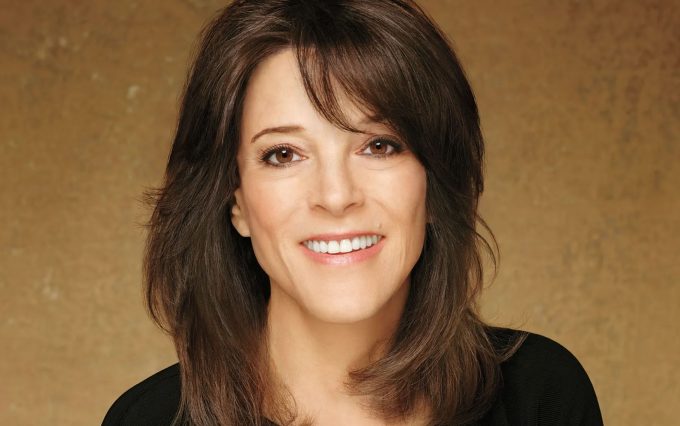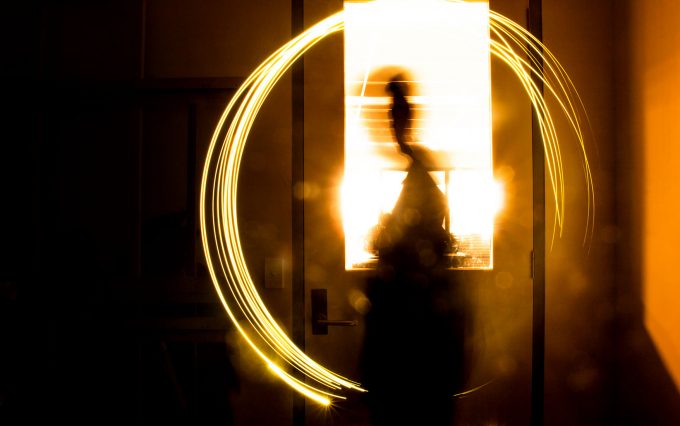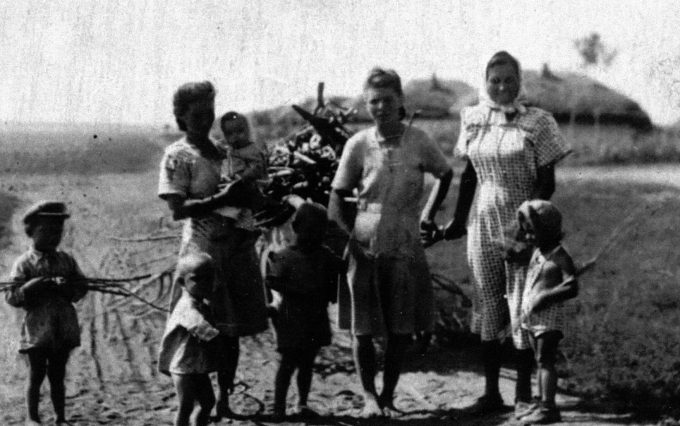#faith
Weary and worn, Christiana Democracy considers her name, its history, and questions whether in this world a person can still believe.
The inhabitants of this plague-struck world, in this poem by Hungarian poet Petra Szőcs, are seething with suspicion, horror, fear, and longing.
Imagine our ancestors, millennia ago, roaming the wilderness. Painting a cave, chipping a stone, gazing into the fire. What faith means to them we cannot know but undoubtedly: they did believe in something.
In this advice to a young poem, the speaker praises the resilience and healing qualities of mysterious, elusive, and almost shapeless poetry.
Hungarian writer György Ferdinandy, who fled Hungary after 1956, reflects on a love story in this short essay translated by Márton Mészáros.
In this poem by Ukrainian poet Iya Kiva, a “refugee-person” offers a self-definition that is as violent and sorrowful, as it is defiant and elusive.
An interview with US author, activist, and spiritual thought leader Marianne Williamson on politics and spirituality today in the US.
Hungarian writer Andrea Tompa reflects on how all faiths simultaneously desire embodiment, in an essay translated by Bernard Adams.
At Lăteşti Camp, a new arrival, Arinca, develops a reputation for her stormy love life, frequent escapes, and ability to find bodies.
